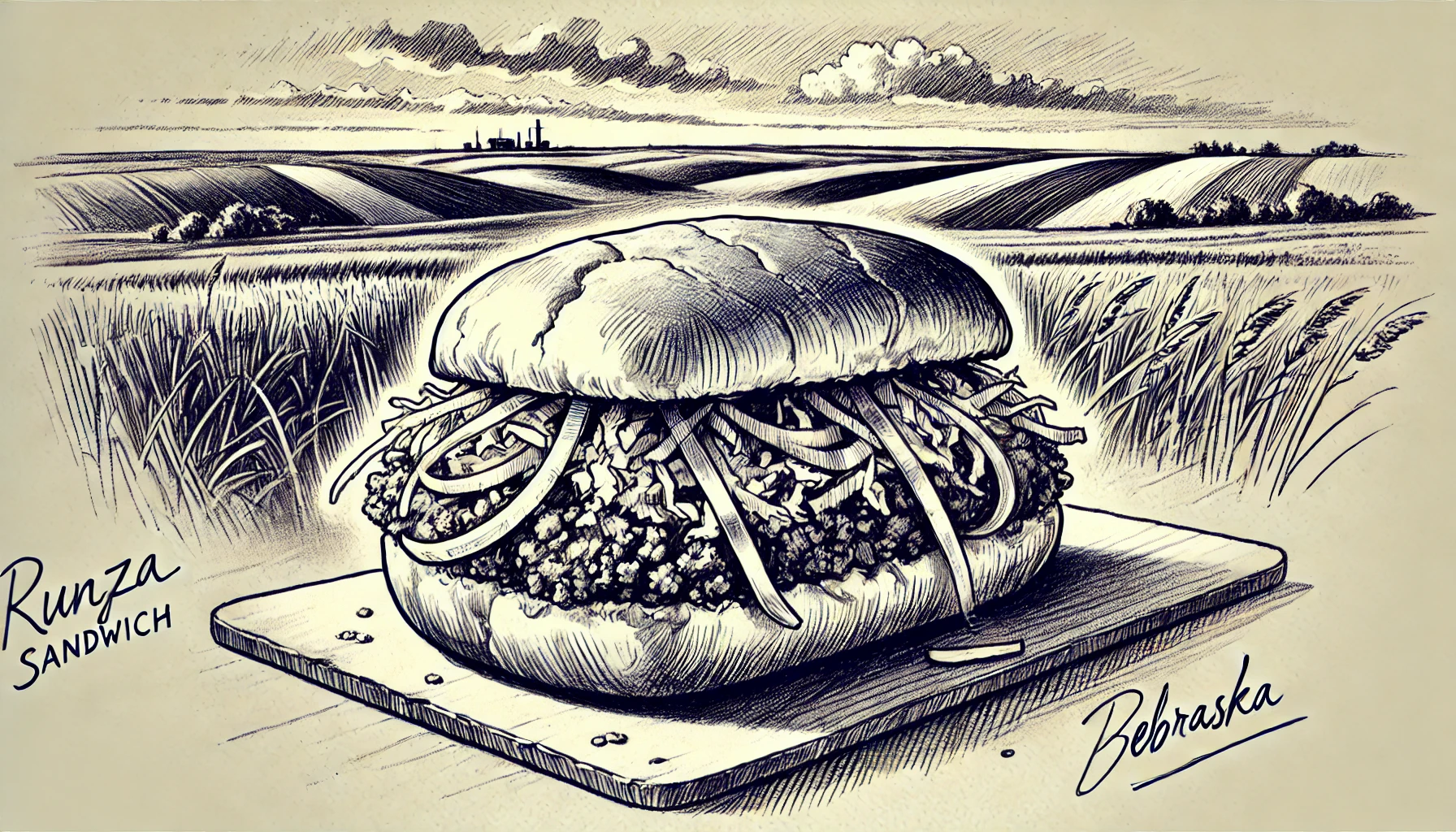Traveling Through Nebraska's Specialty Crops Farming

As travelers journey through the state of Nebraska, they find themselves immersed in a diverse agricultural landscape, with a notable emphasis on specialty crops farming. This aspect of agriculture focuses on the cultivation of high-value crops that cater to specific markets and consumer preferences. Specialty crops, including fruits, vegetables, nuts, and nursery crops, are a crucial component of Nebraska's agricultural industry, generating significant revenue and creating employment opportunities in rural areas.
In Nebraska, the specialty crops farming sector is strengthened by the state's unique combination of geography, climate, and natural resources. The Great Plains region, where Nebraska is situated, provides an ideal environment for growing a wide range of crops, including corn, soybeans, and wheat. However, the state's specialty crops farmers have also been exploring alternative crops that can thrive in the local climate. For instance, the southeastern region of Nebraska is home to numerous vineyards, which take advantage of the area's unique soil composition and temperature. The James Arthur Vineyard in Raymond, Nebraska, is a notable example of a successful vineyard in the state, producing a variety of wines.
The specialty crops farming sector in Nebraska also includes the cultivation of nursery crops, such as flowers, shrubs, and trees. This segment of the industry plays a vital role in meeting the demand for ornamental plants, both within the state and across the country. Nebraska's nursery crop growers exploit the state's abundant water supply and fertile soil to produce high-quality plants, which are then shipped to various markets. The Lauritzen Gardens in Omaha, Nebraska, is a prominent botanical garden that showcases the state's rich horticultural heritage, featuring a stunning array of plants and flowers.
In addition to the production of traditional specialty crops, Nebraska's farmers have also been experimenting with alternative and niche crops, such as lavender and hops. The latter has become increasingly popular in recent years, as the craft brewing industry continues to grow. Nebraska's hop farmers are capitalizing on this trend, cultivating high-quality hops that are sought after by local breweries. The Zipline Brewing Company in Lincoln, Nebraska, is an example of a local brewery that utilizes hops grown in the state to produce its range of beer.
Specialty crops farming in Nebraska also relies heavily on research and technology to drive innovation and improve productivity. The University of Nebraska-Lincoln's (UNL) Institute of Agriculture and Natural Resources plays a crucial role in this regard, conducting research and providing extension services to farmers across the state. UNL's expertise in areas such as crop science, horticulture, and entomology enables Nebraska's specialty crops farmers to stay competitive in an ever-changing market.
Furthermore, the specialty crops farming sector in Nebraska benefits from the state's strong agricultural infrastructure. This includes a network of processors, wholesalers, and retailers that facilitate the distribution of specialty crops to consumers. The Omaha Farmers Market in downtown Omaha, for example, provides a platform for local farmers to market their specialty crops directly to consumers.
Specialty crops farming in Nebraska also has a significant social and economic impact on rural communities. By contributing to the local economy and creating employment opportunities, the industry helps to sustain and develop rural areas. The Specialty Crop Block Grant Program, administered by the Nebraska Department of Agriculture, provides funding to support specialty crop growers and promote the development of the industry in the state.
In conclusion, Nebraska's specialty crops farming sector is a vital component of the state's agricultural industry, contributing to its economic growth and development. By leveraging its unique geography, climate, and natural resources, the state's specialty crops farmers are able to produce a diverse range of high-quality crops that cater to specific markets and consumer preferences.
In Nebraska, the specialty crops farming sector is strengthened by the state's unique combination of geography, climate, and natural resources. The Great Plains region, where Nebraska is situated, provides an ideal environment for growing a wide range of crops, including corn, soybeans, and wheat. However, the state's specialty crops farmers have also been exploring alternative crops that can thrive in the local climate. For instance, the southeastern region of Nebraska is home to numerous vineyards, which take advantage of the area's unique soil composition and temperature. The James Arthur Vineyard in Raymond, Nebraska, is a notable example of a successful vineyard in the state, producing a variety of wines.
The specialty crops farming sector in Nebraska also includes the cultivation of nursery crops, such as flowers, shrubs, and trees. This segment of the industry plays a vital role in meeting the demand for ornamental plants, both within the state and across the country. Nebraska's nursery crop growers exploit the state's abundant water supply and fertile soil to produce high-quality plants, which are then shipped to various markets. The Lauritzen Gardens in Omaha, Nebraska, is a prominent botanical garden that showcases the state's rich horticultural heritage, featuring a stunning array of plants and flowers.
In addition to the production of traditional specialty crops, Nebraska's farmers have also been experimenting with alternative and niche crops, such as lavender and hops. The latter has become increasingly popular in recent years, as the craft brewing industry continues to grow. Nebraska's hop farmers are capitalizing on this trend, cultivating high-quality hops that are sought after by local breweries. The Zipline Brewing Company in Lincoln, Nebraska, is an example of a local brewery that utilizes hops grown in the state to produce its range of beer.
Specialty crops farming in Nebraska also relies heavily on research and technology to drive innovation and improve productivity. The University of Nebraska-Lincoln's (UNL) Institute of Agriculture and Natural Resources plays a crucial role in this regard, conducting research and providing extension services to farmers across the state. UNL's expertise in areas such as crop science, horticulture, and entomology enables Nebraska's specialty crops farmers to stay competitive in an ever-changing market.
Furthermore, the specialty crops farming sector in Nebraska benefits from the state's strong agricultural infrastructure. This includes a network of processors, wholesalers, and retailers that facilitate the distribution of specialty crops to consumers. The Omaha Farmers Market in downtown Omaha, for example, provides a platform for local farmers to market their specialty crops directly to consumers.
Specialty crops farming in Nebraska also has a significant social and economic impact on rural communities. By contributing to the local economy and creating employment opportunities, the industry helps to sustain and develop rural areas. The Specialty Crop Block Grant Program, administered by the Nebraska Department of Agriculture, provides funding to support specialty crop growers and promote the development of the industry in the state.
In conclusion, Nebraska's specialty crops farming sector is a vital component of the state's agricultural industry, contributing to its economic growth and development. By leveraging its unique geography, climate, and natural resources, the state's specialty crops farmers are able to produce a diverse range of high-quality crops that cater to specific markets and consumer preferences.
